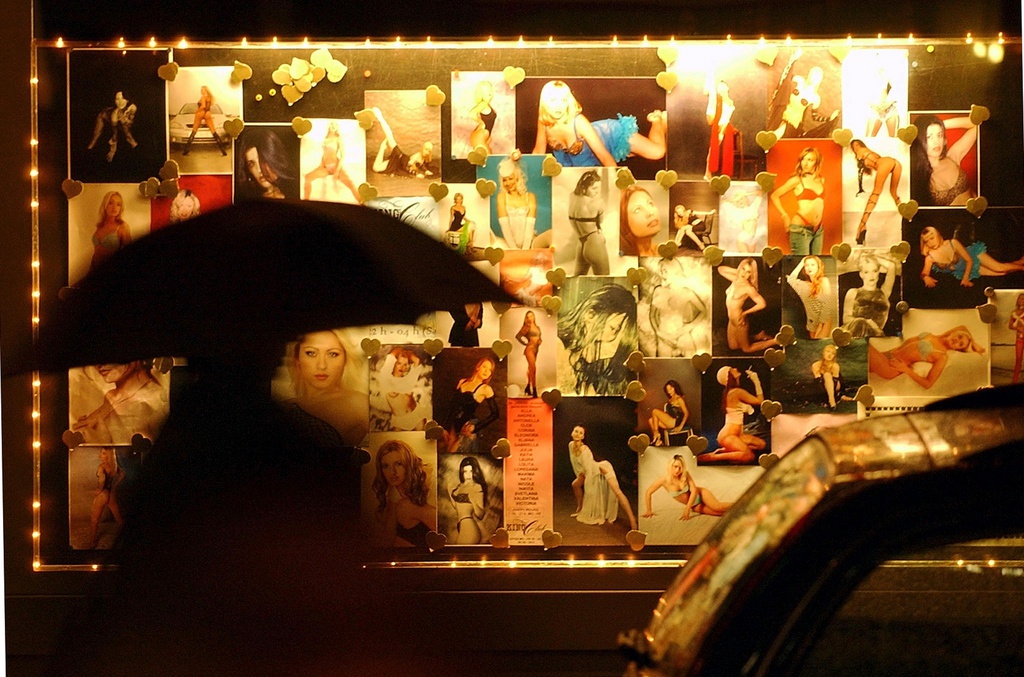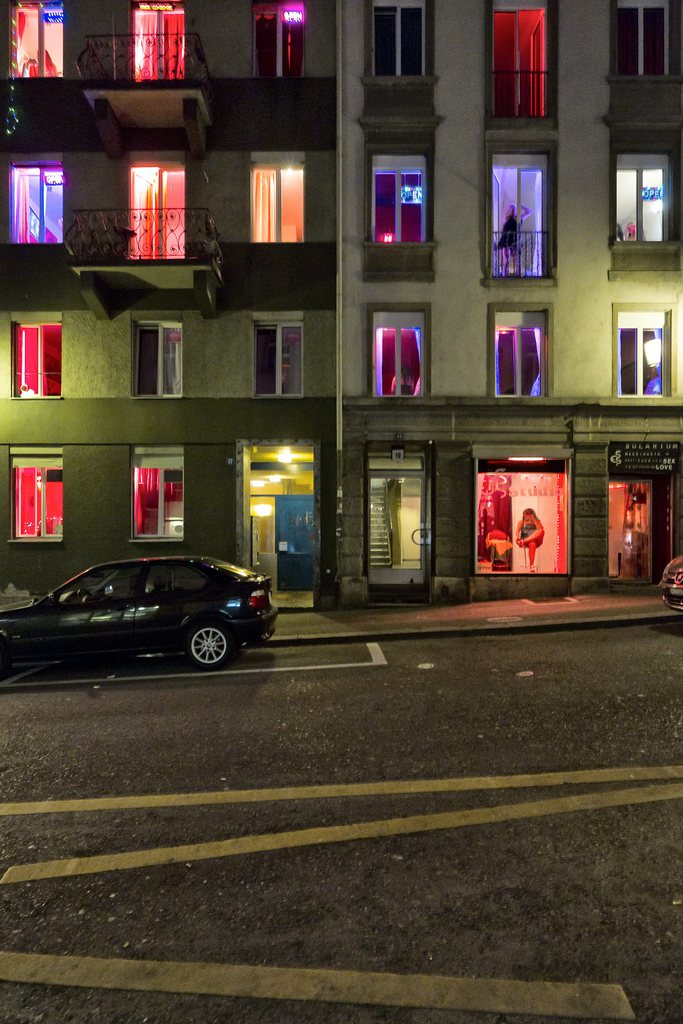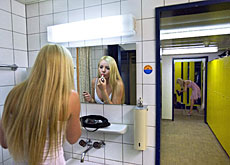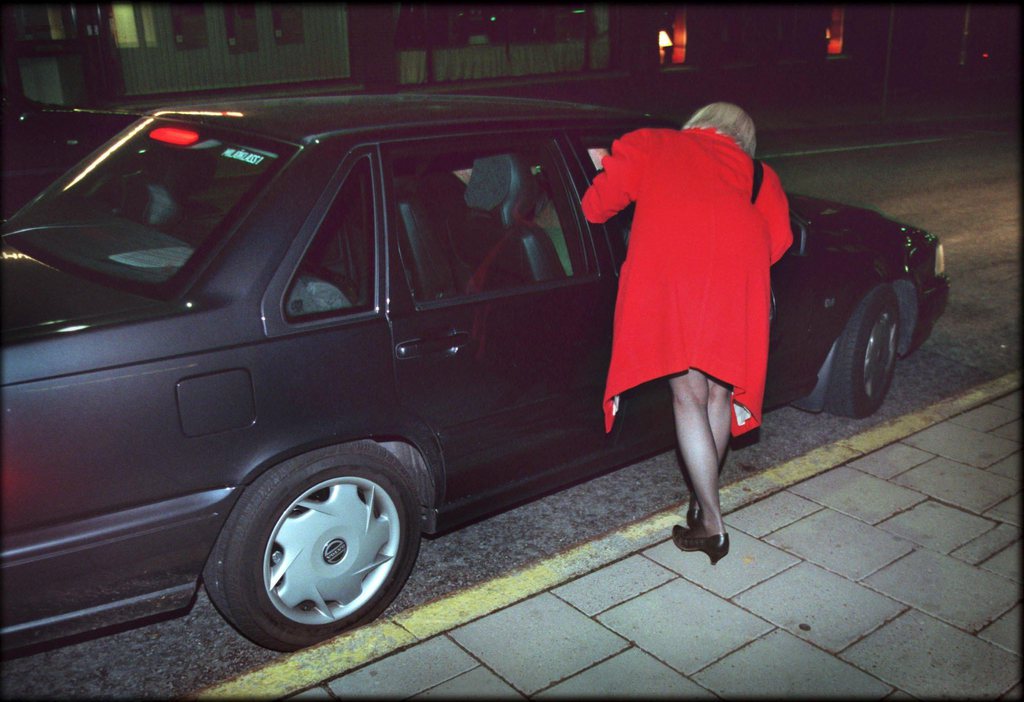Non-EU cabaret dancers lose special status

Women from outside the European Union will no longer be able to enter Switzerland to dance in strip clubs from 2016. The government has decided to end their special residence status but wants to improve protection for people active in the erotic industry.
Cabaret dancers from countries outside the EU or the European Free Trade Area (EFTA) can work in Switzerland with a special short-term residence permit. This permit, established in 1995 to protect women from exploitation, is only issued for work as a cabaret dancer for a maximum of eight months within a 12-month period.
Justice Minister Simonetta Sommaruga said on Wednesday that discussions had taken place for years on abolishing the permit as a result of its abuse. “The reality is in stark contrast to the legal position,” she said.
She explained that women from third states had two possibilities to get a work permit for Switzerland: either as a highly qualified employee, or by stripping in cabaret clubs. Often these dancers do not receive their wages or are forced into prostitution, Sommaruga said.
The Federal Office for Migration says the permit promotes exploitation and human trafficking.
The erotic industry on the other hand criticised the lifting of the special status, fearing that women would be forced underground onto the black market or into fake marriages. Women’s organisations were also against abolition.
Protective measures
Experts who back ending the special status did, however, recommend the introduction of measures aimed to protect dancers.
The government will therefore increase its support of prevention work carried out by women’s groups. This would include financial support, Sommaruga said, without giving details.
The permit is set to be abolished on January 1, 2016. The long transition period is designed to allow clubs and agencies to prepare for the new legal situation.
The number of permits issued to non-EU dancers has continued to decrease in recent years. Whereas 5,600 were handed out in 2005, last year there were only 840, Sommaruga said.
She added that Switzerland was the only European country that had such a regulation.
Almost half of Switzerland’s 26 cantons – including St Gallen, Ticino and Vaud – no longer recognise the special status.

In compliance with the JTI standards
More: SWI swissinfo.ch certified by the Journalism Trust Initiative




You can find an overview of ongoing debates with our journalists here. Please join us!
If you want to start a conversation about a topic raised in this article or want to report factual errors, email us at english@swissinfo.ch.